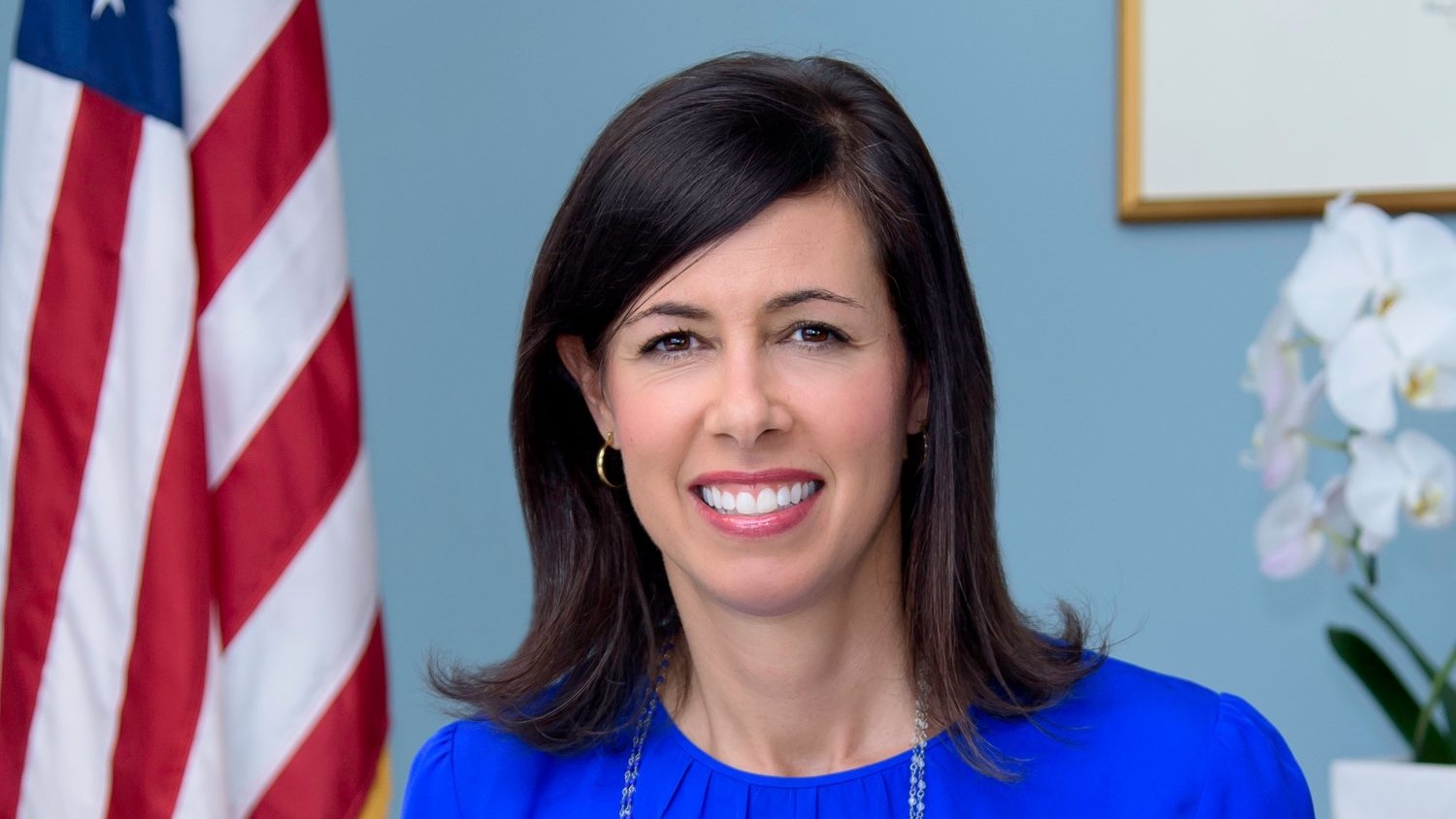
WASHINGTON, D.C.—FCC Chairwoman Jessica Rosenworcel has announced that the Commission will vote during its April Open Meeting on April 25 to restore Net Neutrality, which she said would bring back a national standard for broadband reliability, security, and consumer protection.
If adopted, the proposal would ensure that broadband services are treated as an essential resource deserving of FCC oversight under Title II authority, Rosenworcel said.
Broadband providers, the wireless industry, cable operators and telcos have vigorously opposed the effort to regulate broadband services under Title II authority. It has also been criticized by the FCC's Republican commissioners.
“The pandemic proved once and for all that broadband is essential,” she said. “After the prior administration abdicated authority over broadband services, the FCC has been handcuffed from acting to fully secure broadband networks, protect consumer data, and ensure the internet remains fast, open, and fair. A return to the FCC’s overwhelmingly popular and court-approved standard of net neutrality will allow the agency to serve once again as a strong consumer advocate of an open internet.”
More specifically, the Rosenworcel argued that if adopted, the FCC proposal would:
- Return A Popular Net Neutrality Protections. The FCC would once again play a key role in preventing at the federal level broadband providers from blocking, slowing down, or creating pay-to-play internet fast lanes, the FCC said.
- Provide Oversight Of Broadband Outages – When households and businesses lose internet service, consumers often expect that the FCC might either be able to help the restoration or at least have information about the outage. By restoring the FCC’s Title II authority over internet service providers, the FCC will bolster its ability to require these companies to address internet outages. Without such authority, the FCC cannot require companies to report broadband outages, cannot collect outage data, and lacks the authority to even consider ways that it can help protect against and recover from internet service outages.
- Boost Security Of Broadband Networks – In this digital age, there are new and emerging digital threats. Without broadband oversight, the FCC is unable to fully monitor and respond to such national security concerns. For example, without reclassification, the FCC is limited in its authority to direct foreign-owned companies deemed to be national security threats to discontinue any domestic or international broadband services under Sec. 214 – as the agency has done with telephone services. In addition, without reclassification, the FCC has limited authority to incorporate updated cybersecurity standards into network policies.
- Increase Consumer Protections – Net Neutrality protections would increase the tools the FCC has available to protect consumer data and respond to evolving consumer threats. Updated rules could mean broadband providers could not sell your location data, among other sensitive information. This would empower the agency to protect consumers from other harmful practices.
- Restore A Widely Accepted National Standard – When the previous FCC stepped back from Net Neutrality protections, the court said states could step in. Despite these efforts by individual states to provide robust oversight in response to the prior administration’s retreat from authority, we need a national standard to keep internet access fast, open, and fair. A national standard is also broadly popular: eighty percent of Americans support open internet policies, the FCC said in a release announcing the vote.
Those arguments have been challenged by broadband providers, cable companies, telecos and the wireless industry in filings with the FCC opposing Title II regulation of the internet.
The FCC said that the chairwoman will circulate her proposal to her fellow Commissioners for their review. As is the general practice, a public draft of the proposal – officially a Declaratory Ruling, Order, Report and Order, and Order on Reconsideration – will be made public on Thursday on FCC.gov. At the Commission’s April 25 Open Meeting, the Commissioners will consider and vote on the proposal. The meeting will be open to the public and streamed live at www.fcc.gov/live.







